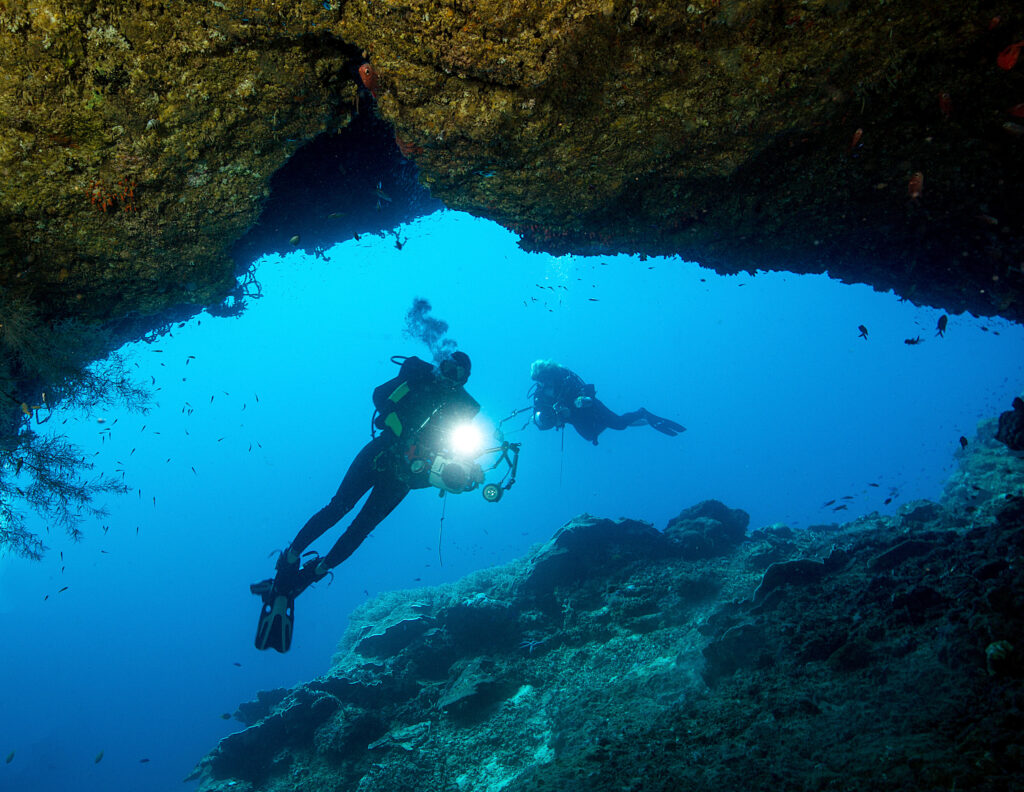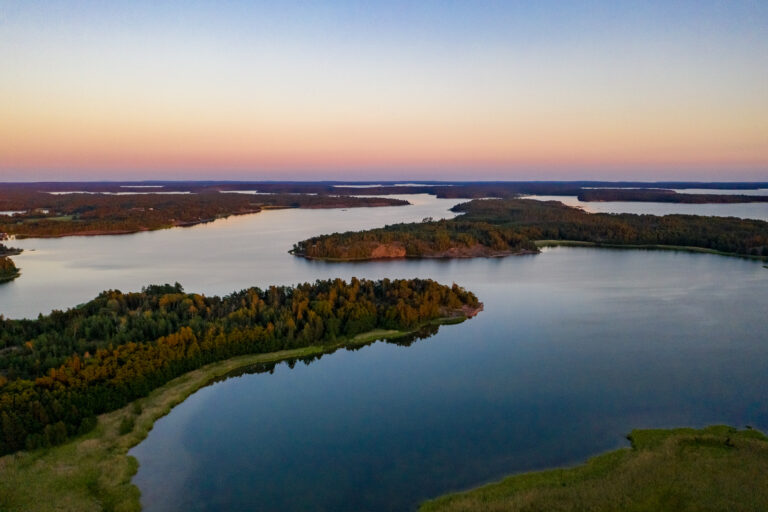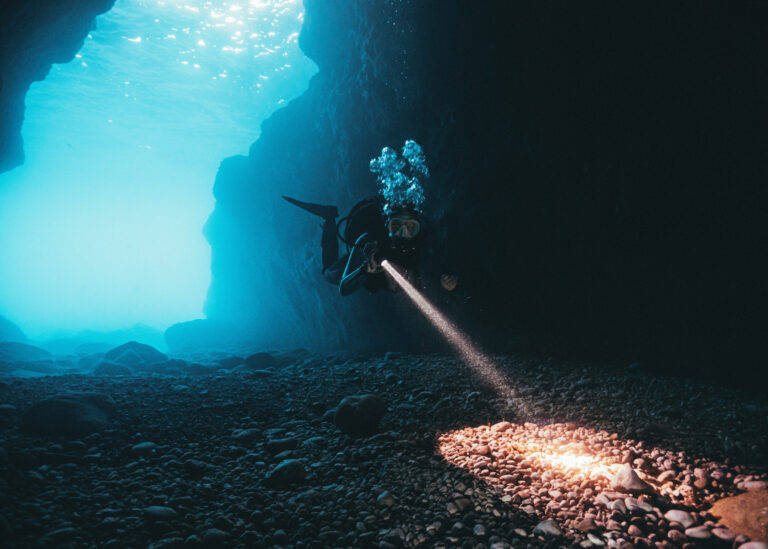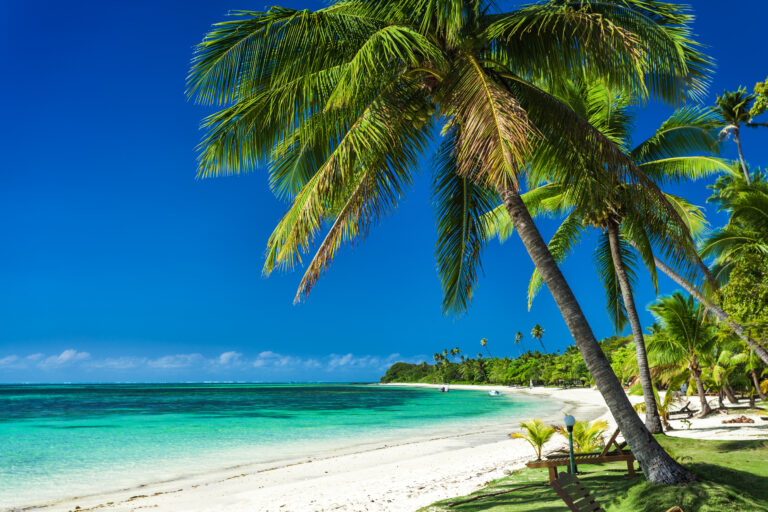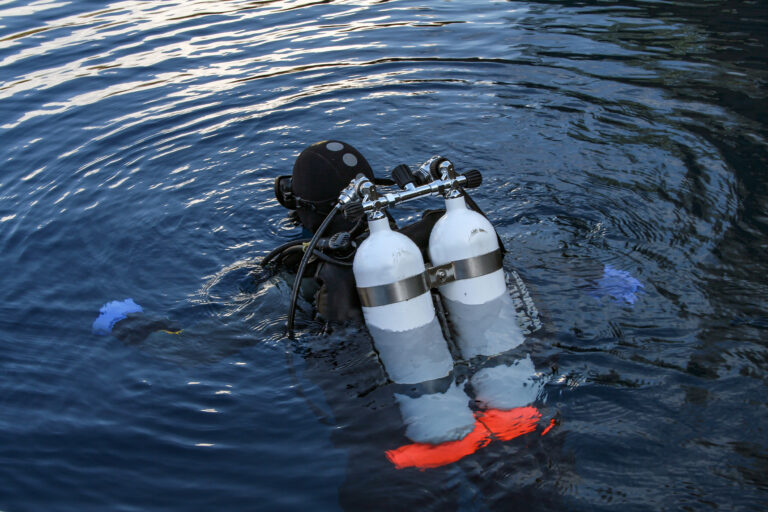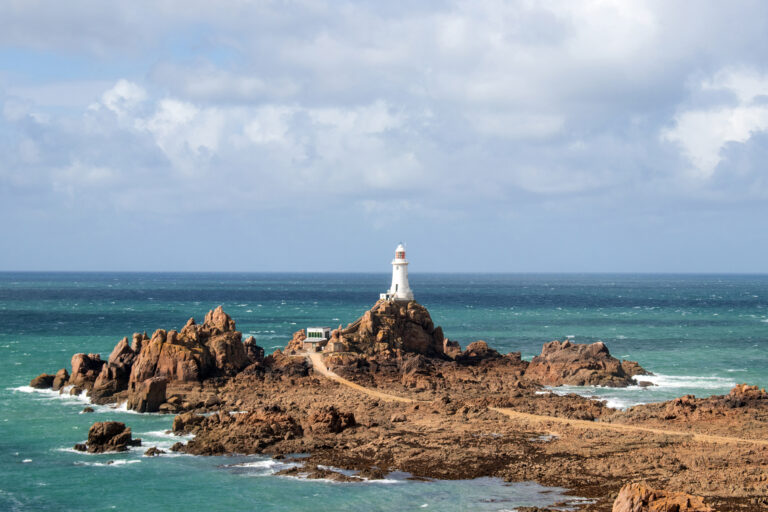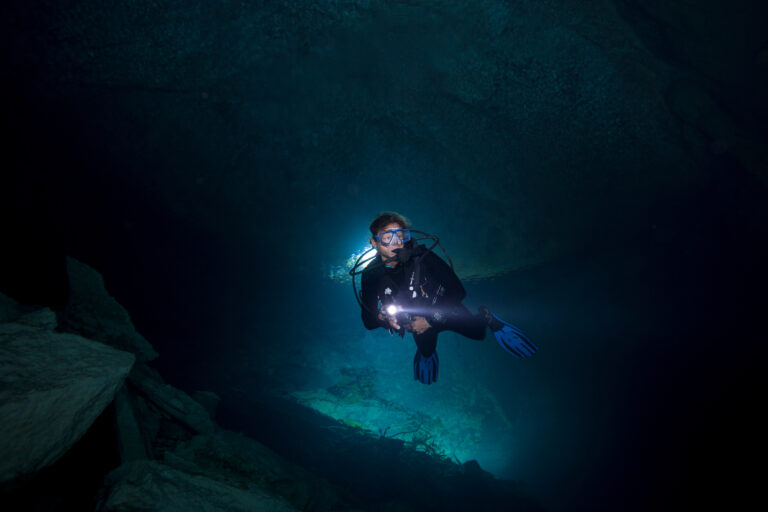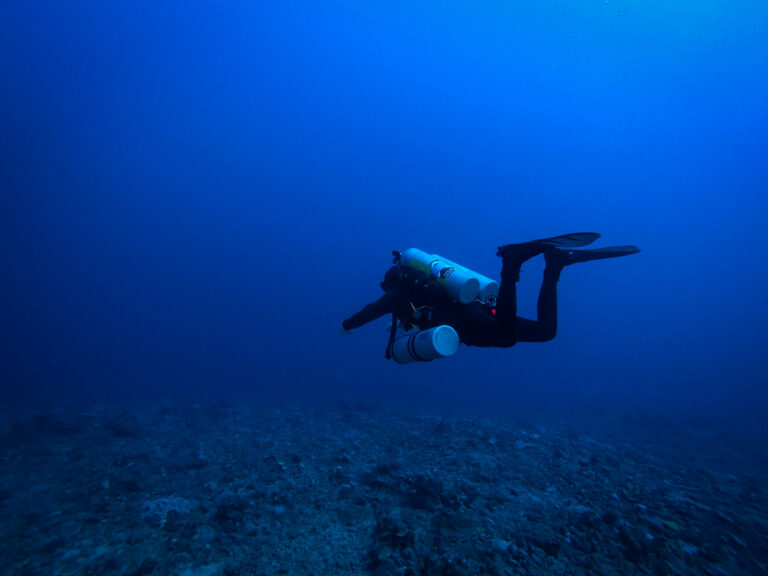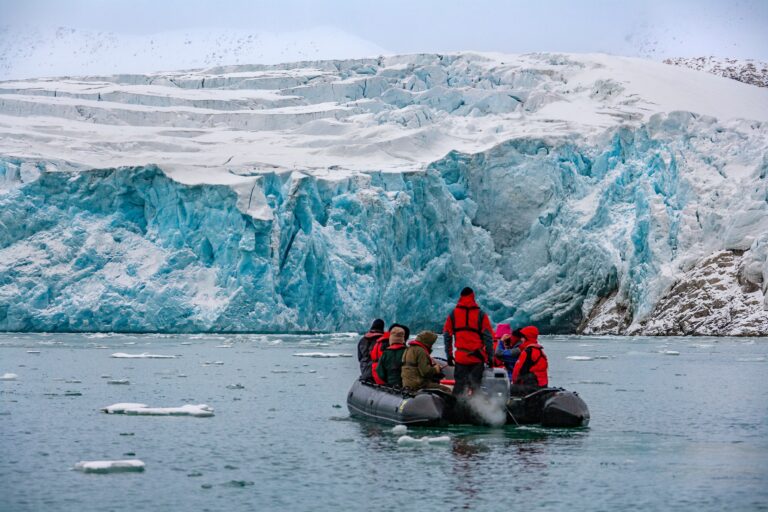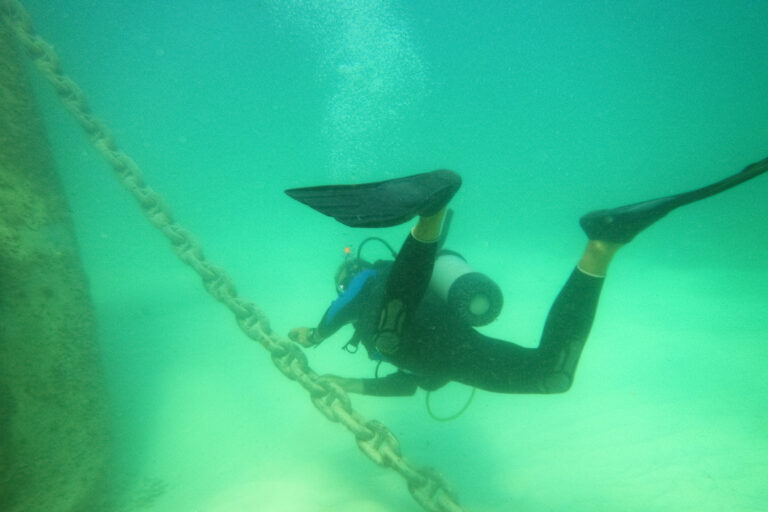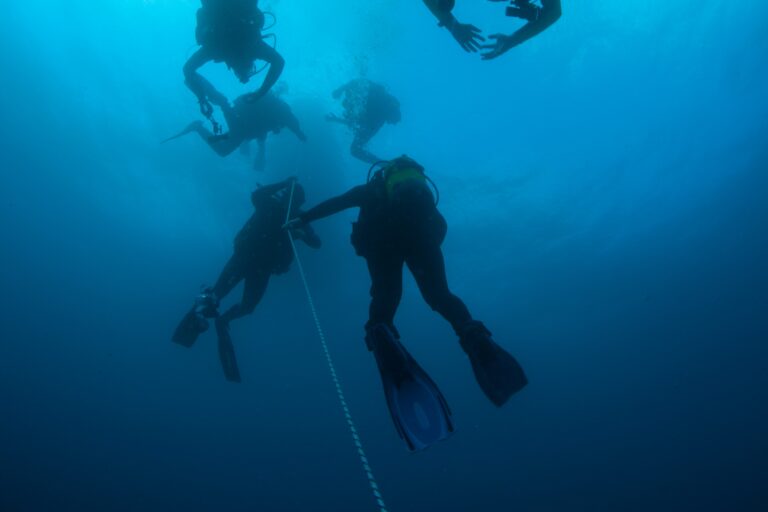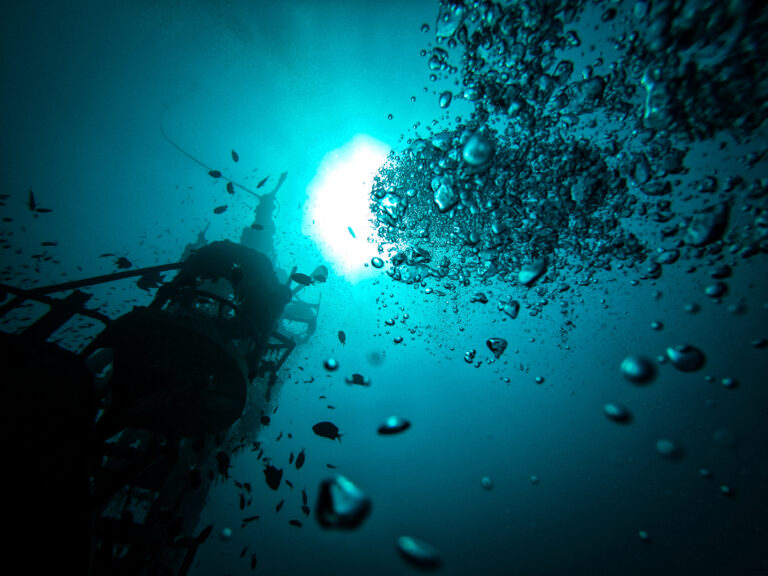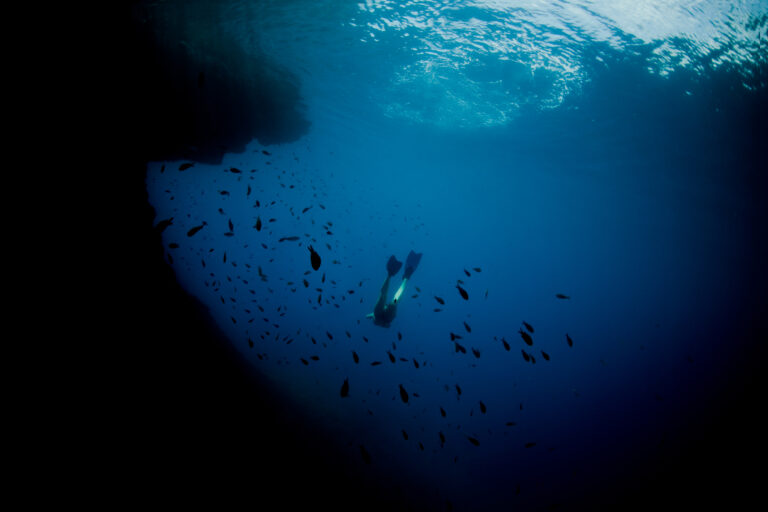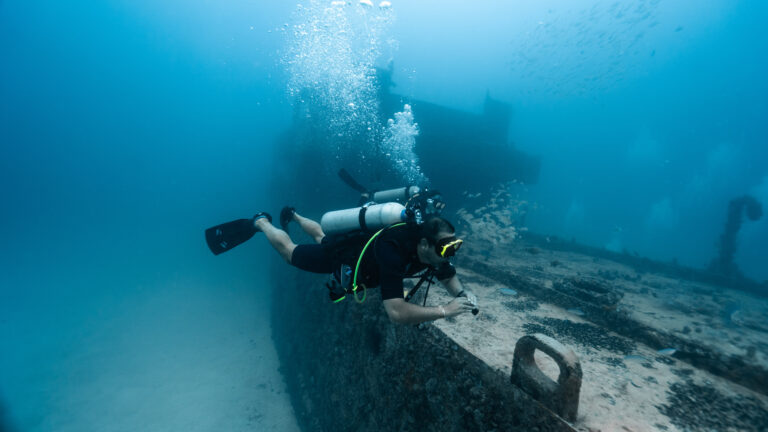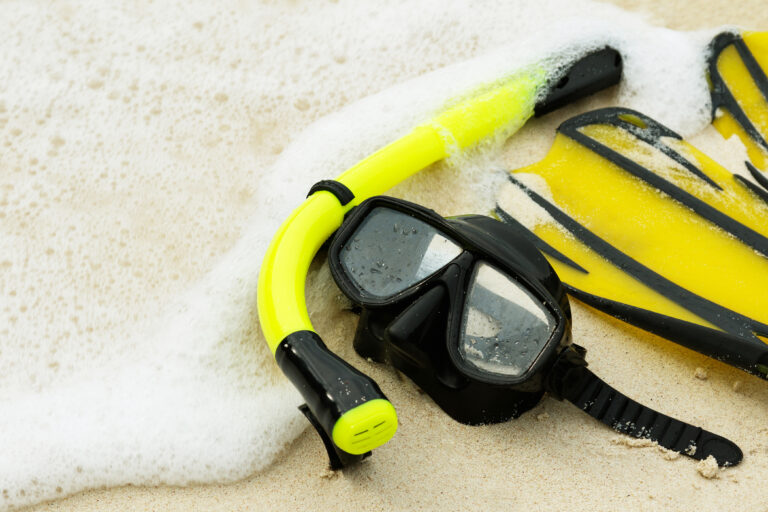SCUBA DIVERS’ TRAVEL GUIDE TO Faroe Islands
If you are looking for a unique and unforgettable diving adventure, look no further than the Faroe Islands. This remote archipelago in the North Atlantic offers a spectacular underwater world of kelp forests, seaweed gardens, drop-offs, grottos and marine life. The crystal clear water has a visibility of up to 30 metres in winter and 15-20 metres in summer, making it ideal for exploring and photographing the stunning scenery and fauna. You can dive with seals, encounter colourful anemones, starfish, crabs, lobsters and fish, and marvel at the dramatic rock formations and caves. The Faroe Islands are a self-governing region of Denmark, with a rich culture and history. You can enjoy the friendly hospitality of the locals, taste the delicious cuisine, and admire the scenic landscapes of green hills, rugged cliffs and quaint villages. The Faroe Islands are a diving destination like no other, where you can experience the beauty and mystery of nature in its purest form.
LOCATION AND GEOGRAPHY
Nestled in the North Atlantic Ocean, the Faroe Islands are an archipelago of 18 volcanic islands situated roughly equidistant between Iceland, Norway, and Scotland. This remote and rugged destination, a self-governing archipelago part of the Kingdom of Denmark, boasts a dramatic landscape where steep cliffs rise from the deep and the ocean swells with a pristine clarity rarely found elsewhere. The islands’ geographical coordinates, at 62°00′N 06°47′W, place them in a region where the cold waters of the Arctic meet the warmer currents of the Gulf Stream, creating a unique marine environment. The underwater topography is as spectacular as the surface, with sheer walls, deep drop-offs, and a seabed scattered with caverns and tunnels. The Faroe Islands’ position on the edge of the continental shelf means that the surrounding waters are nutrient-rich, supporting an abundant and diverse marine life that makes it an exceptional destination for adventurous scuba divers seeking a truly off-the-beaten-path experience.
VISA AND ENTRY REQUIREMENTS
Before embarking on your scuba diving adventure to the Faroe Islands, it is essential to understand the visa and entry requirements. The Faroe Islands are a self-governing archipelago within the Kingdom of Denmark, and although they are not part of the European Union, they do have an open-border status with the Schengen Area. Travelers from Schengen countries can enter without a visa for short stays. Visitors from countries like the USA, Canada, Australia, and Japan are also granted visa-free entry for up to 90 days. However, if you are not from a visa-exempt country, you will need to apply for a Schengen visa, which is valid for entry into the Faroe Islands. It’s important to note that even though Denmark is part of the EU, a Schengen visa for Denmark does not automatically grant entry to the Faroe Islands, so you must specify your intent to visit the Faroes when applying. Always check the latest visa requirements with the nearest Danish embassy or consulate well in advance of your trip, as regulations can change. Additionally, ensure your passport is valid for at least three months beyond your planned departure date from the Faroe Islands.
GETTING TO Faroe Islands
Traveling to the Faroe Islands for an unforgettable scuba diving experience requires some planning, as this remote archipelago is nestled between the Norwegian Sea and the North Atlantic Ocean. The most common way to reach the Faroe Islands is by air, with the Vágar Airport serving as the main gateway. Flights are available from select European cities such as Copenhagen, Reykjavik, and Edinburgh. Once you land, you can rent a car or use the local transportation to explore the islands. Alternatively, for those who prefer sea travel, Smyril Line operates a ferry service from Hirtshals in Denmark to Tórshavn, the Faroese capital. This option offers a scenic journey, though it is less frequent and takes longer. Regardless of your mode of transport, arriving in the Faroe Islands is the first step in a journey that promises dramatic underwater landscapes, kelp forests, and a chance to dive in some of the most pristine waters in the world.
BEST TIME TO DIVE
The Faroe Islands, an archipelago under the sovereignty of the Kingdom of Denmark, offer a unique scuba diving experience characterized by dramatic underwater landscapes and an abundance of marine life. The best time to scuba dive in the Faroe Islands is during the summer months, from June to August, when the water temperatures are relatively warmer, ranging from 8°C to 12°C (46°F to 54°F), and the daylight hours are extended due to the islands’ northerly position. During this period, divers can enjoy the longest possible underwater excursions with the benefit of the midnight sun, which provides excellent visibility and the opportunity to witness the vibrant marine ecosystem in its full splendor. The summer season also brings calmer sea conditions, making it the ideal time for both novice and experienced divers to explore the underwater cliffs, caves, and wrecks that the Faroe Islands have to offer. However, divers should always be prepared for the cooler water temperatures by using appropriate thermal protection and should be mindful of the changing weather conditions that can occur in this North Atlantic destination.
ACCOMMODATION OPTIONS
Accommodation options in the Faroe Islands cater to a range of preferences, ensuring that scuba divers can find the perfect base for their underwater adventures. From cozy guesthouses and traditional Faroese cottages that offer a glimpse into local life, to more luxurious hotels with stunning sea views, there is something for every taste and budget. Many accommodations are situated in close proximity to the islands’ prime diving spots, allowing divers to maximize their time in the water. For those seeking a more immersive experience, some dive operators offer packages that include lodging, meals, and multiple dives. It’s advisable to book well in advance, especially during the summer months, as the Faroe Islands are becoming an increasingly popular destination. Regardless of where you stay, you’ll be greeted with the warm hospitality for which the Faroese are known, along with the convenience of dive gear storage and the possibility of arranging transportation to and from dive sites.
DIVE OPERATORS AND DIVE SHOPS
In the remote and rugged beauty of the Faroe Islands, dive operators and dive shops are the gatekeepers to an underwater world that is as enchanting as the islands themselves. With a limited but highly specialized selection of dive shops, these local experts offer personalized experiences that cater to both novice and seasoned divers. The Faroese waters are known for their exceptional clarity and the opportunity to explore kelp forests, dramatic underwater topography, and a rich marine life that includes seals and various fish species. Dive shops in the Faroe Islands prioritize safety and environmental sustainability, ensuring that your subaquatic adventure not only respects the delicate ecosystem but also provides you with the highest standard of equipment and guidance. Whether you’re looking to explore the remains of sunken shipwrecks or the vibrant sea life that thrives beneath the North Atlantic waves, the dive operators in the Faroe Islands are equipped to provide you with an unforgettable diving experience that is as unique and captivating as the islands themselves.
TRANSPORTATION WITHIN Faroe Islands
Transportation within the Faroe Islands, an archipelago of 18 mountainous isles in the North Atlantic, is an adventure in itself, offering a mix of modern infrastructure and natural beauty. While the islands are compact, with the largest being only 70 miles from one end to the other, getting around to the various dive sites requires some planning. The road network is well-maintained, with sub-sea tunnels and bridges connecting the major islands, making car rental a convenient option for flexibility and scenic drives. For those preferring public transport, a reliable system of buses and ferries interlinks the islands, though schedules can be less frequent and require coordination. To reach more remote dive spots, local boat charters are available and offer the added bonus of experiencing the islands’ dramatic coastlines from the water. Always consider the weather conditions, which can change rapidly and impact transportation, so allow extra time in your schedule for unexpected delays.
CURRENCY AND PAYMENT METHODS
When traveling to the Faroe Islands for a scuba diving adventure, it’s important to note that the local currency is the Faroese króna (FOK), which is pegged to the Danish krone (DKK) and circulates alongside it. While major credit cards are widely accepted in hotels, restaurants, and many dive shops, it’s advisable to carry some cash for smaller establishments or remote areas where electronic payments may not be an option. ATMs are available in larger towns, but can be scarce in more secluded spots. It’s also worth checking with your bank about international transaction fees to avoid surprises. For the most seamless experience, ensure you notify your bank of your travel plans to prevent any potential blocks on your cards due to sudden foreign activity. Always have a backup payment method and a small amount of cash on hand to cover any incidentals or tips. Keep in mind that while the Faroe Islands are part of the Kingdom of Denmark, they are not a member of the European Union, and therefore, the euro is not an official currency here.
LANGUAGE AND COMMUNICATION
When embarking on a scuba diving adventure in the Faroe Islands, it’s important to note that the primary language spoken by the locals is Faroese, a North Germanic language closely related to Icelandic and West Norwegian dialects. However, Danish is also an official language and widely understood due to the islands’ status as a self-governing archipelago within the Kingdom of Denmark. English is commonly spoken within the tourism industry, and most dive operators and guides are proficient in English, ensuring clear communication during your underwater excursions. It’s advisable to learn a few basic Faroese phrases as a sign of respect and to enhance your cultural experience. Non-verbal communication, such as hand signals, is universal in the diving community, ensuring safety and coordination among divers regardless of language barriers. Always review these signals with your dive team to ensure everyone is on the same page before descending into the breathtaking subaquatic landscapes of the Faroe Islands.
LOCAL CULTURE AND ATTRACTIONS
Nestled in the heart of the North Atlantic, the Faroe Islands offer scuba divers not only breathtaking underwater experiences but also a rich tapestry of local culture and attractions on land. Above the surface, the archipelago’s rugged landscapes are dotted with traditional grass-roofed houses, and the air resonates with the haunting melodies of Faroese music, a testament to the islands’ Nordic heritage. Visitors can immerse themselves in the local way of life by attending a village festival or sampling the distinctive Faroese cuisine, which features an array of seafood and locally farmed produce. The islands’ history is showcased in the medieval Magnus Cathedral ruins and the historical district of Kirkjubøur. For the nature enthusiast, the dramatic cliffs and cascading waterfalls provide a stunning backdrop for birdwatching, with the majestic puffin being a favorite among the many seabirds that call the Faroes home. The combination of unique cultural experiences and the raw beauty of the islands’ landscapes makes the Faroe Islands a destination where every dive is complemented by the allure of discovery above the waves.
CULTURAL ETIQUETTE AND TIPS
When planning a scuba diving trip to the Faroe Islands, it’s essential to approach the local culture with respect and sensitivity. The Faroese people are known for their warm hospitality, but also for their strong sense of tradition and community. As a visitor, always greet locals with a friendly ‘hallo’ and a smile, and show appreciation for their unique way of life. It’s important to respect private property and ask for permission before crossing land or accessing dive sites near settlements. The Faroese have a deep connection with the sea, and while they rely on it for sustenance, including whaling, which can be a contentious issue, it’s advisable to avoid criticizing their practices and instead engage in open, respectful dialogue if the topic arises. Remember to support local businesses by hiring local dive guides and purchasing from local shops. Lastly, the weather can change rapidly, so heed local advice on safety, and always prioritize environmental conservation by not disturbing the pristine underwater landscapes or wildlife you’ve come to admire.
LOCAL LAWS AND REGULATIONS RELEVANT TO TOURISTS
When planning a scuba diving trip to the Faroe Islands, it is crucial to acquaint yourself with local laws and regulations to ensure a safe and lawful experience. The Faroe Islands, an autonomous territory within the Kingdom of Denmark, have specific rules governing marine activities. Divers must adhere to environmental regulations designed to protect the islands’ unique marine ecosystems. It is prohibited to disturb or remove any marine life, and interactions with wildlife, such as the abundant seabirds and marine mammals, must be conducted responsibly and at a safe distance to avoid distressing the animals. Fishing regulations are strictly enforced, and spearfishing is generally not allowed. Divers should also be aware of the weather-related restrictions that can be imposed suddenly due to the Faroes’ changeable climate. All divers must be certified, and local dive shops will require proof of certification and may also request a dive medical certificate. It is recommended to dive with a local guide or operator who is familiar with the most current regulations and conditions. Lastly, always check for any marine traffic restrictions, especially in shipping lanes or near harbors, to ensure your diving adventure is both enjoyable and compliant with Faroese law.
SAFETY TIPS AND EMERGENCY CONTACTS
When planning a scuba diving trip to the Faroe Islands, prioritizing safety is paramount due to the challenging conditions presented by the North Atlantic Ocean. Always dive within your certification limits and ensure that you are well-acquainted with cold water diving techniques, as the Faroese waters are known for their low temperatures, strong currents, and variable visibility. It is essential to use a dry suit with appropriate thermal protection and to have your equipment checked by a professional before diving. Dive with a reputable local operator who knows the area’s unique conditions and can provide a comprehensive safety briefing. Always dive with a buddy and maintain clear communication throughout your underwater adventure. In case of an emergency, be aware of the nearest hyperbaric chamber, which is located at the National Hospital of the Faroe Islands in Tórshavn (Landssjúkrahúsið, +298 304500). Additionally, keep emergency contact numbers handy, including the local coastguard and emergency services (112 is the universal emergency number in the Faroe Islands). Remember to inform someone on land of your dive plan and expected return time. By following these safety tips and having emergency contacts readily available, you can help ensure a safe and enjoyable diving experience in the captivating waters of the Faroe Islands.
HEALTH AND TRAVEL INSURANCE
When planning a scuba diving trip to the Faroe Islands, it is crucial to consider your health and travel insurance coverage. The remote nature of this North Atlantic archipelago means that access to medical facilities may be limited, especially if specialized treatment or evacuation is required. Ensure that your travel insurance policy includes comprehensive medical coverage, with a particular focus on scuba diving-related incidents, as the sport carries inherent risks. Verify that your policy covers hyperbaric treatment and emergency medical evacuation, which can be costly but essential in the event of decompression sickness or other dive-related injuries. Additionally, given the unpredictable weather and potential for travel disruptions in the Faroe Islands, a policy that covers trip cancellation, interruption, and delays can save you from unexpected financial losses. Always carry proof of your insurance and emergency contact information with you, and familiarize yourself with the procedures for obtaining medical assistance in the Faroe Islands. By securing the right insurance, you can dive into the stunning underwater landscapes of the Faroe Islands with peace of mind, knowing you’re well-protected against unforeseen circumstances.

